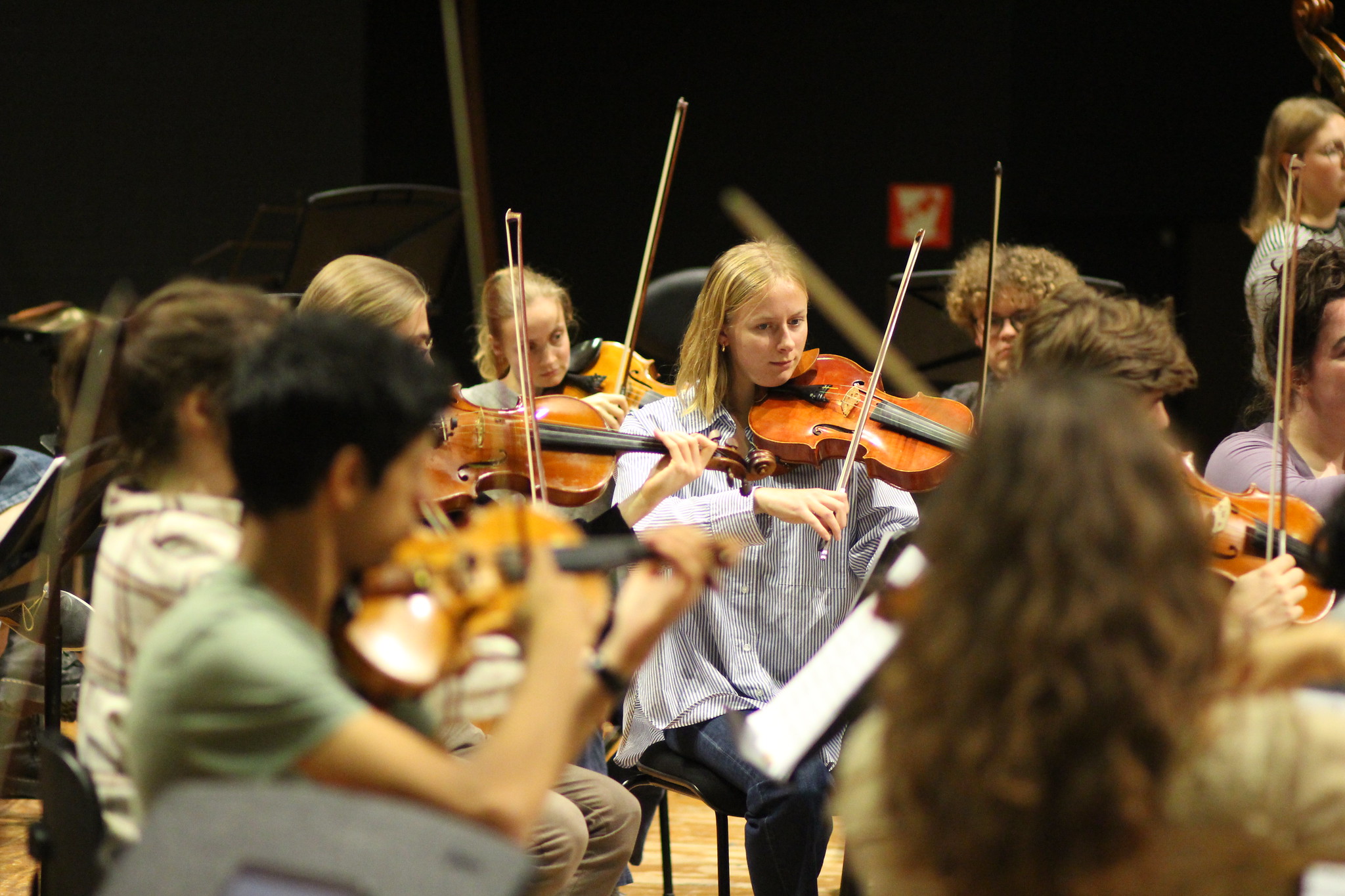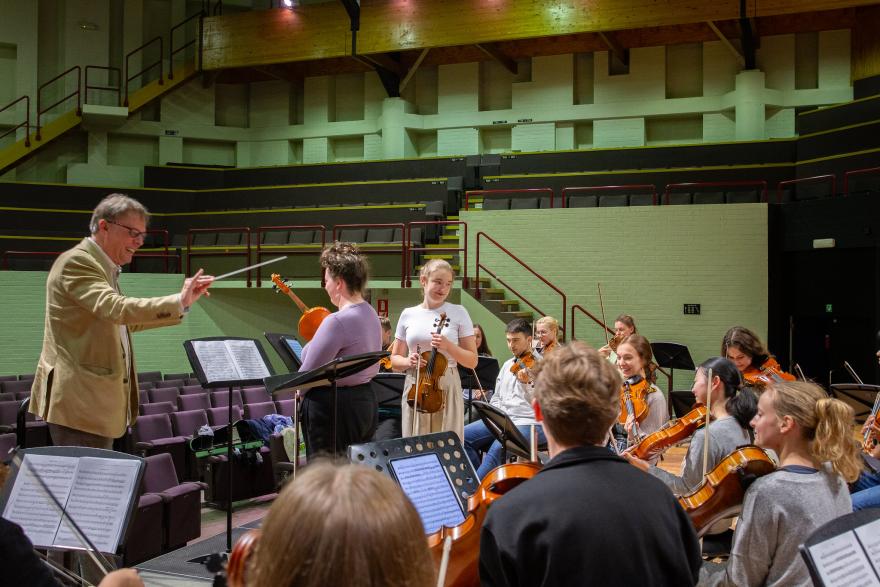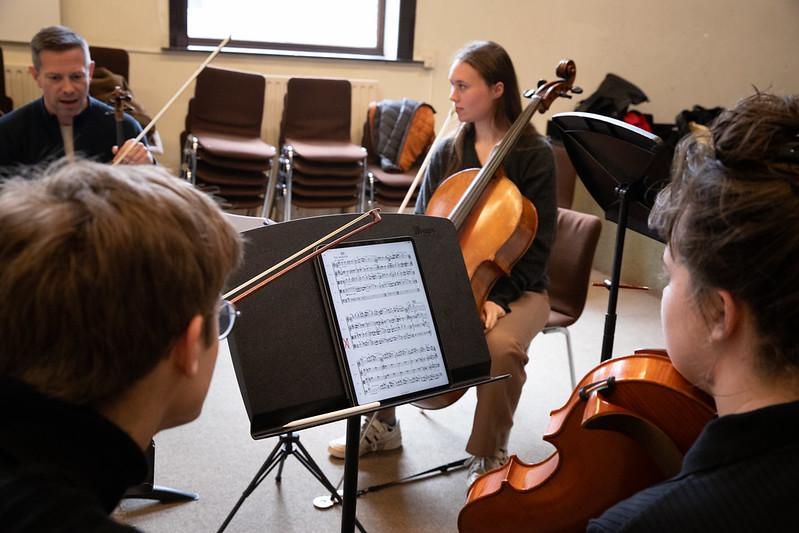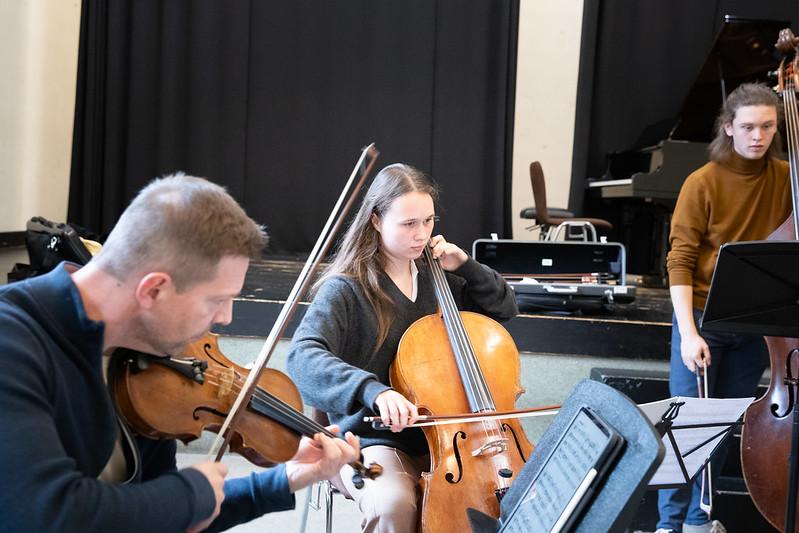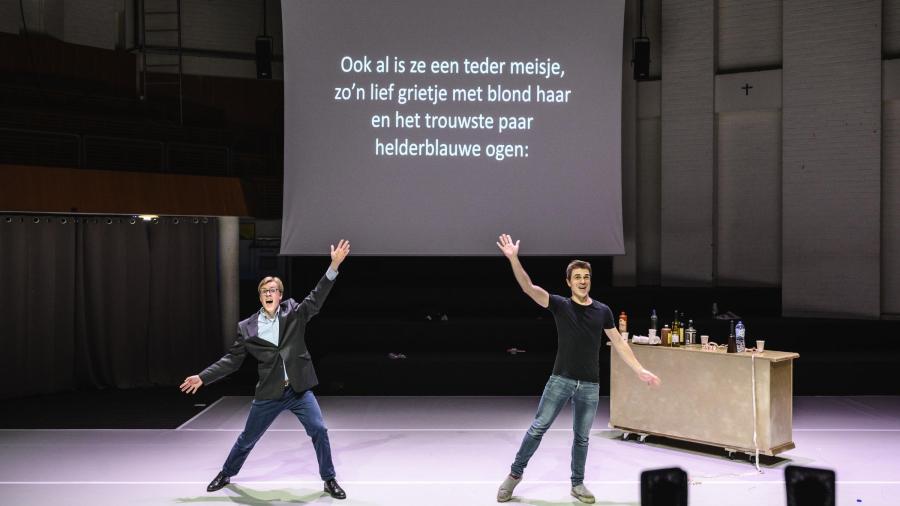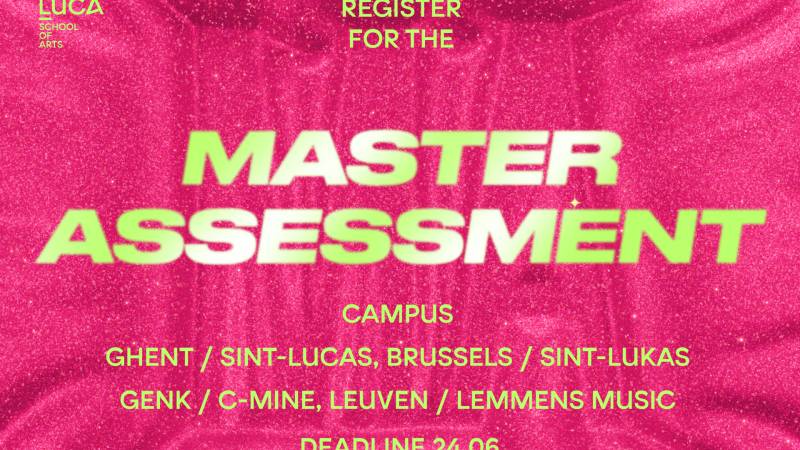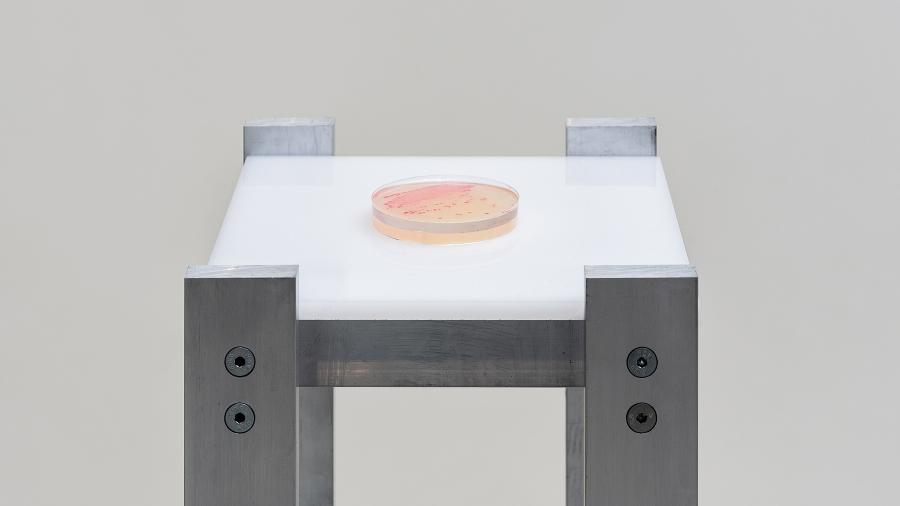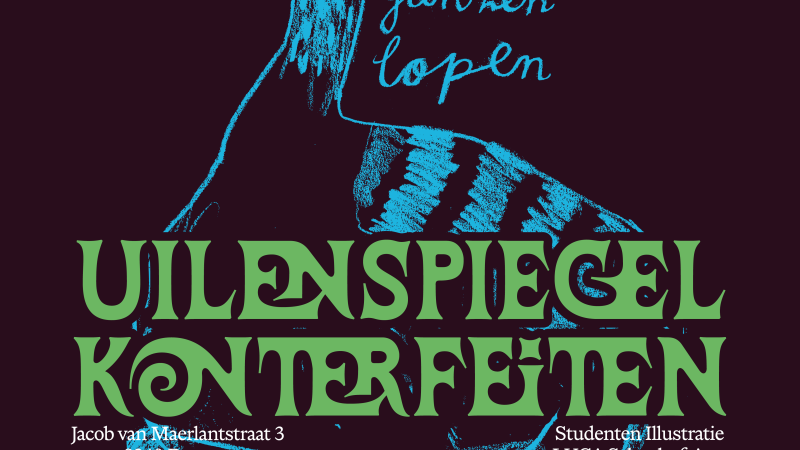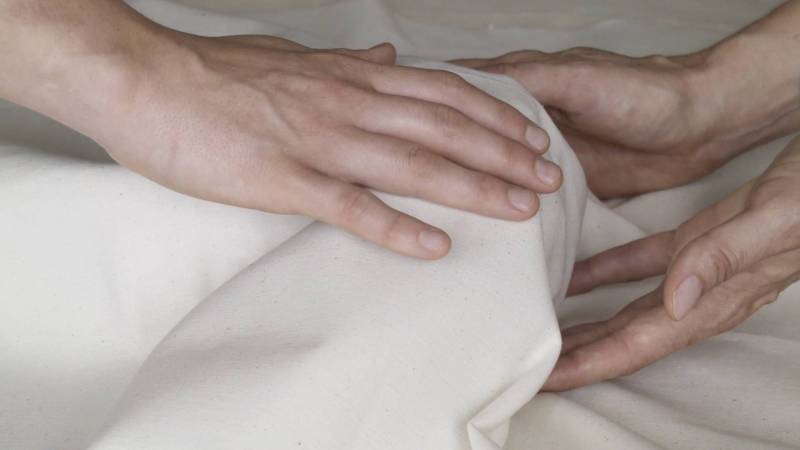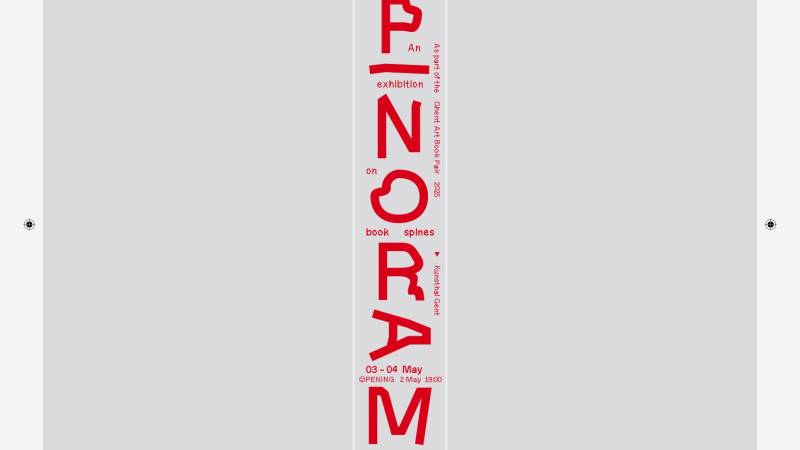At LUCA School of Arts, students are mentored by experienced musicians of international level who are active on the stage. Through masterclasses with renowned soloists and ensembles, students gain valuable insights and inspiration. Our string and symphony orchestras undertake exciting projects that span a broad and diverse repertoire of music.
The school maintains strong connections with the professional music world, offering students opportunities to build networks that can support their future careers. Chamber music concerts, both on campus and at external venues, provide students with essential stage experience. Master's students in violin also have the option to explore a minor in viola, further expanding their skill set.
Our international campus fosters a vibrant and inclusive environment, bringing together students from around the globe. With outstanding facilities and an emphasis on instrumental practice, LUCA School of Arts is an ideal place for students to grow both musically and creatively.
We hold three admission tests each year, in March, July, and September. For specific dates, click here. The test includes a solfege exam and an instrumental performance exam (full details can be found here). International candidates have the option to submit a one-take video of their program.
Professors
Our team of professors includes principal musicians from the leading orchestras in Belgium and the Netherlands, as well as esteemed chamber musicians and renowned soloists.
- Violin: Maximilian Lohse, Samuel Nemtanu, Lilia Umnova, Lei Wang, Alice Van Leuven
- Viola: Tine Janssens, Marc Tooten
- Cello: Geert De Bièvre, Amy Norrington, Martijn Vink
- Double Bass: Jan Buysschaert, Martin Rosso
What Does the Programme Look Like?
The first two years of the Bachelor's programme provide a solid foundation in both practical skills and theoretical knowledge. In the third year of the Bachelor's and throughout the Master's programme, the focus shifts to more intensive instrumental training, emphasizing personal musical expression. Alongside individual instrumental lessons, students also take courses in cross-disciplinary subjects that help prepare them for professional life, with a strong emphasis on creativity and collaboration.
| Instrument | 24 credits |
| Basic education (ear training/rhythm/harmony) | 12 credits |
| Theoretical training (Art in Context/Music History) | 12 credits |
| Orchestra/Ensemble | 6 credits |
| Chamber music | 3 credits |
| Sight-reading technique | 3 credits |
| Instrument | 24 credits |
| Basic education (ear training/rhythm/harmony) | 12 credits |
| Theoretical training (Art in Context/Music History) | 9 credits |
| Specific instrumental training | 6 credits |
| Orchestra/Ensemble | 6 credits |
| Chamber music | 3 credits |
| Instrument | 30 credits |
| Theoretical training (Art in Context/Music History) | 9 credits |
| Specific instrumental training | 6 credits |
| Orchestra/Ensemble | 6 credits |
| Chamber music | 3 credits |
| Elective component | 6 credits |
| Instrument | 24 credits |
| Chamber music | 6 credits |
| Ensemble | 6 credits |
| Research | 6 credits |
| Professional Toolkit | 6 credits |
| Elective component (Workshops/Minors/Cross-domain subjects) | 12 credits |
Master 2
| Instrument and artistic research | 30 credits |
| Chamber music | 6 credits |
| Ensemble | 6 credits |
| Professional Toolkit | 6 credits |
| Elective component (Workshops/Minors/Cross-domain subjects) | 18 credits |
For the detailed curriculum and course components, click the link below.
ECTS sheets Bachelor (course components)
